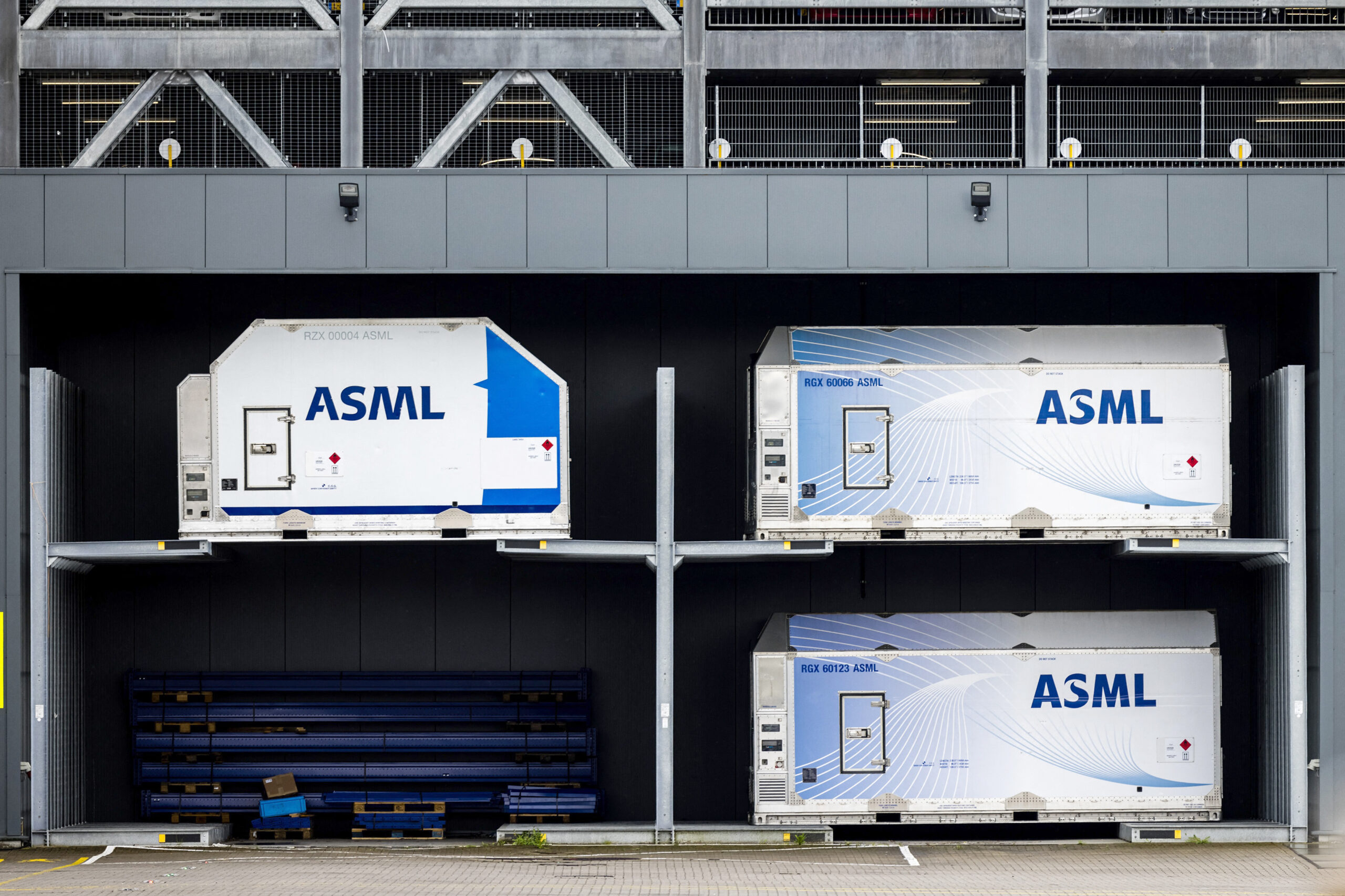
Computer chip equipment giant ASML remains steadfast in its financial outlook, stating that new U.S. restrictions on semiconductor exports to China, announced Monday, will not affect its most recent projections.
ASML reiterated its November 14 guidance, forecasting group sales of €30-35 billion ($31.5-36.7 billion) in 2025. It anticipates China will account for about 20% of sales by then, a sharp drop from the roughly 50% projected for 2024.
The new U.S. measures, which represent Washington’s third crackdown in three years on China’s semiconductor sector, target equipment makers and restrict exports to 140 Chinese entities, including subsidiaries of SMIC, China’s largest custom chipmaker. The restrictions tighten rules on deep ultraviolet (DUV) lithography systems, critical tools in chip manufacturing. If enforced by the Dutch government, ASML’s ability to export DUV systems to certain Chinese facilities could be affected.
The Dutch government echoed U.S. security concerns, acknowledging the risks associated with the unregulated export of advanced semiconductor equipment. “Every country makes its own assessment and takes measures based on its analysis of national security threats,” stated the Dutch foreign ministry, signaling its alignment with Washington’s goals while maintaining independent regulatory authority.
ASML downplayed long-term concerns, citing robust global demand for semiconductors. “Our scenarios for demand in the semiconductor industry remain unchanged by the new regulations,” the company said.
Shares of ASML closed 0.9% higher at €664.10 in Amsterdam, reflecting investor confidence despite the regulatory developments.
The latest U.S. rules extend restrictions to computational lithography software, a critical tool for optimizing lithography machines like those made by ASML and competitors Nikon and Canon. This software enhances chip yield and quality by maximizing the performance of lithography systems, a field where ASML claims industry leadership.
The new U.S. export restrictions on China’s semiconductor sector place ASML at the heart of global geopolitical tensions. While the company remains confident in its projections, its reliance on China, projected to drop to 20% of sales by 2025, highlights both the region’s importance and the industry’s gradual decoupling. The Dutch government’s cautious alignment with U.S. concerns and ASML’s leadership in advanced technologies offer some stability, but the broader industry remains exposed to the ripple effects of escalating restrictions.
Featured image courtesy of Sherwood News
Follow us for more updates on ASML.
